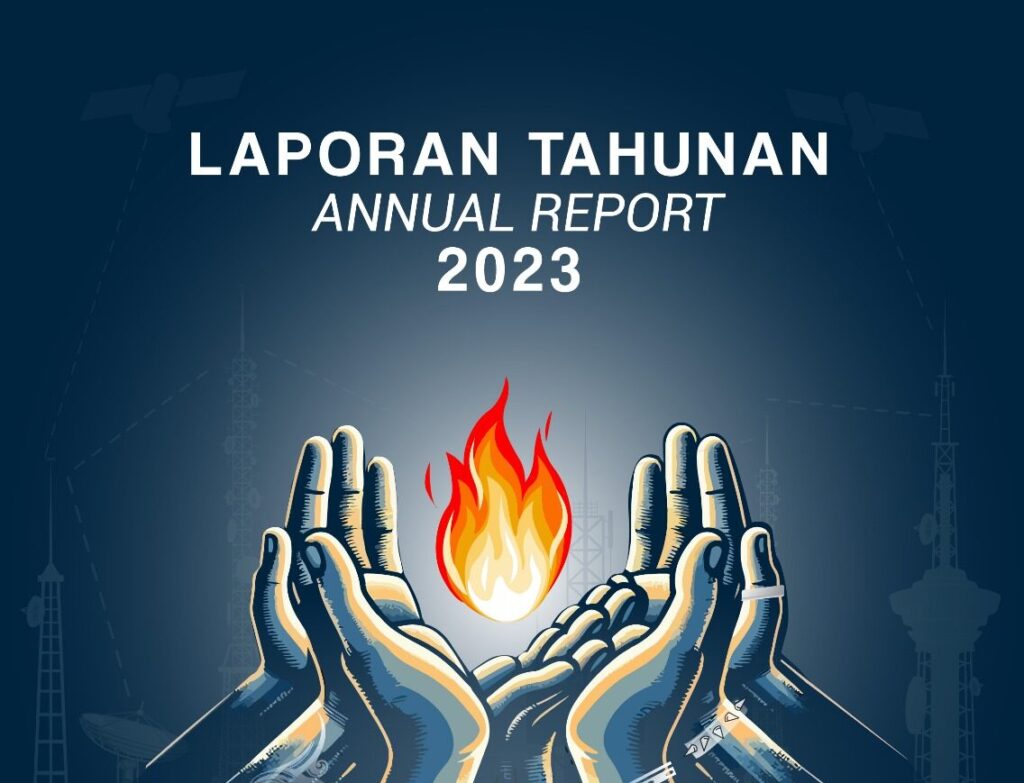In what ways may democracy be jeopardized?
The fate of a nation’s democracy can be determined by coups, natural catastrophes, or unexpected technical breakthroughs, according to David Runciman (2018). Even in established democracies, crises can lead to democratic failure. Democracy may not be flawless, but it has proven time and time again to be the most effective system for maintaining liberty, innovation, peace, and economic growth. One important aspect is that, unlike other forms of governance, democracy can actually examine itself and make adjustments as needed.
In Indonesia, too, the truth of the matter is plain to see. Democracy in this nation has shown, particularly since the reform period, that Tocqueville was right: more mistakes happen in democracies, but more mistakes are effectively put out or fixed. Civil society’s outsized influence is one of the contributing elements
Established in 2001 amidst the reform frenzy after the New Order administration, Combine Resource Institution (CRI) is still striving to be relevant. Democracy and democratic governance are central to CRI’s ideology, mission, and principles as a Civil Society Organization (CSO). Despite being in its 22nd year, CRI is still facing new and old obstacles in the pursuit of its objective. In addition to being necessary for the accomplishment of advocacy goals, CRI is anticipated to enhance the ability to adapt and endure adverse conditions.
Both Indonesia as a country and CRI as part of CSOs have significant momentous occurrences in 2023. In this time leading up to the political year, incumbents put pressure on development agendas and insist on security interest agendas to maintain power at the national and regional levels. Whether CSOs continue down the road of struggle or move on to the stage of interest depends on their relevance and importance. In order to maintain its responsiveness to external democratic dynamics and enhance the quality of internal governance, CRI must achieve the purpose of the strategic plan in the second year, which it will do throughout this period.
In line with Jane Addams’s belief that democracy is based not only on representation but also on wisdom (social ethics) and citizenship, CRI has become an even more formidable institution that can assist other CSOs and community networks in enhancing their information literacy and holistic security. The development of integrated village-regional information systems for development governance is another area where CRI routinely pioneers new approaches. This is supposed to show that CRI keeps making important contributions to the democracy we need to keep living in.

